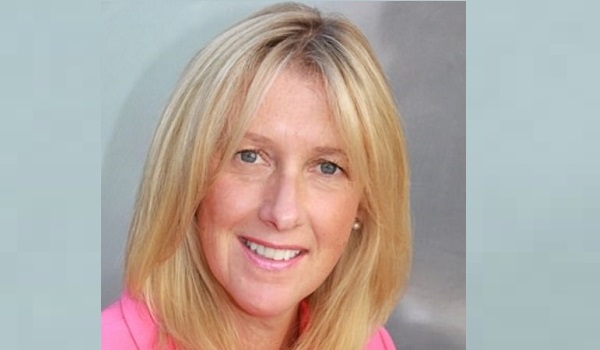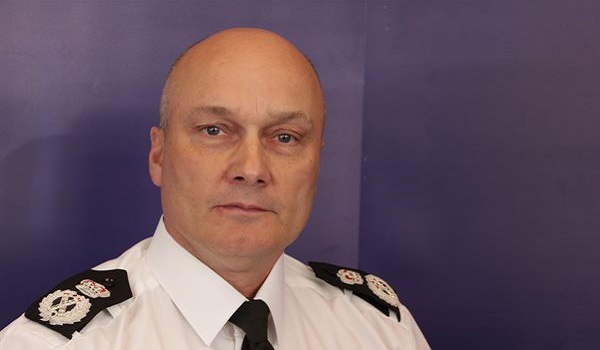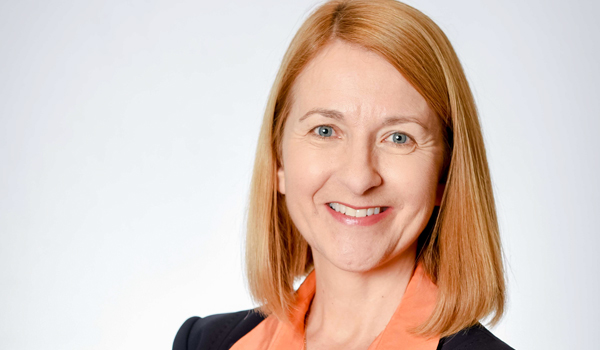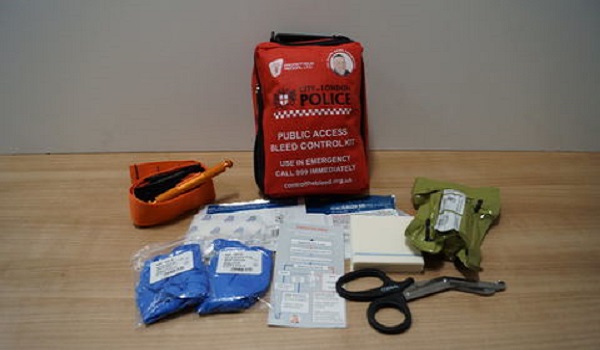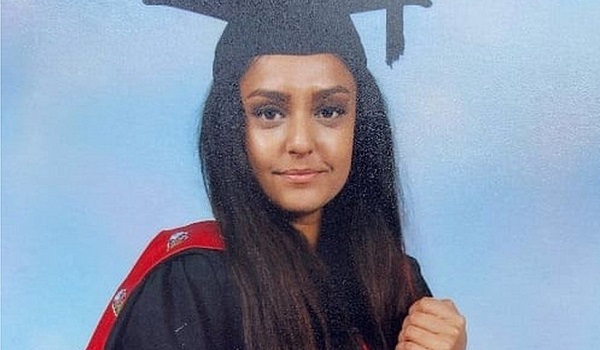New data reveals extent of child strip-searches by MPS
The strip-search of a black girl by police at school in east London was not an isolated case, England’s children’s commissioner has said. Dame Rachel de Souza requested data from the Metropolitan Police Service (MPS) after details of the “Child Q” incident became public in March.
The 15-year-old schoolgirl was strip-searched by police while on her period after being wrongly suspected of carrying cannabis at school. The search, by female MPS officers, took place in 2020 without another adult present and in the knowledge that she was menstruating, a safeguarding report found.
A review conducted by City & Hackney Safeguarding Children Partnership (CHSCP) concluded the strip-search should never have happened, was unjustified and racism “was likely to have been an influencing factor”.
Four MPS officers are being investigated for gross misconduct by the Independent Office for Police Conduct (IOPC) in connection with the incident. The force has apologised and said it “should never have happened”.
The law firm Bhatt Murphy announced in March that the teenager was taking civil action against the Met and her school to obtain “cast-iron commitments to ensure this never happens again to any other child”.
Since then, the IOPC has confirmed it is investigating four further strip-searches of children between early 2020 and 2022, and is considering whether to look into three more.
The figures obtained by the Children’s Commissioner show that the number of strip-searches on children increased each year, with 18 per cent carried out in 2018, 36 per cent in 2019 and 46 per cent in 2020.
Of the 650 strip-searches of 10-17-year-olds carried out between 2018-2020, almost a quarter were done without an appropriate adult present, figures show. Of these children, 58 per cent were described by the officer as being black, and more than 95 per cent were boys.
In almost a quarter (23 per cent) of cases, strip-searches took place without an “appropriate adult” confirmed to have been present. This is required by law, except in cases of “urgency”, and usually is a parent or guardian, but can also be a social worker, carer or a volunteer.
Overall, 53 per cent of all the strip-searches resulted in no further action, which the Children’s Commissioner said indicates that they “may well not be justified or necessary in all cases”.
The MPS said it has since made changes including giving officers advice around dealing with schools and children reviewing its policy for strip-searches of children.
Dame Rachel said she is “deeply shocked” by the figures, which show that a significant number of children “are being subjected to this intrusive and traumatising practice each year”.
She is also “extremely concerned” at the ethnic disproportionality they reveal, with ethnicity identified as a key factor in Child Q’s ordeal.
She said: “I am not reassured that what happened to Child Q was an isolated issue, but instead believe it may be a particularly concerning example of a more systemic problem around child protection within the Metropolitan Police. I remain unconvinced that the Metropolitan Police is consistently considering children’s welfare and wellbeing.”
Dame Rachel said she has submitted the data to Baroness Louise Casey, who is carrying out a review into standards at the MPS. The Children’s Commissioner’s team will now request comparable data from all police forces across England.
A MPS spokesman said: “The Metropolitan Police is progressing at pace work to ensure children subject to intrusive searches are dealt with appropriately and respectfully. We recognise the significant impact such searches can have. We have already made changes and continue to work hard to balance the policing need for this type of search with the considerable impact it can have on young people.
“We have ensured our officers and staff have a refreshed understanding of the policy for conducting a ‘further search’, particularly around the requirement for an appropriate adult to be present. We have also given officers advice around dealing with schools, ensuring that children are treated as children and considering safeguarding for those under 18.
“More widely we have reviewed the policy for ‘further searches’ for those aged under 18. This is to assure ourselves the policy is appropriate and also that it recognises the fact a child in these circumstances may well be a vulnerable victim of exploitation by others involved in gangs, county lines and drug dealing.”
Iryna Pona, of The Children’s Society (TCS), said: “We are horrified by the number of children subjected to these searches and it is shocking that nearly a quarter took place without an appropriate adult present. Strip searches are intrusive and traumatic, and children are being completely failed if even basic safeguards are not in place.”
The TCS said it is “concerned” by the over-representation of black children in these strip search figures, which only adds to the fears prompted by race and children being treated as adults being identified as issues the Child Q case.
Ms Pona said: “Sadly we often support children who have been groomed and coerced into crimes like county lines drug dealing only to be treated as adults who have made a wilful decision, rather than offered support as victims of exploitation.”
Runnymede Trust chief executive Dr Halima Begum described the findings as “appalling”, adding it “just underlines how badly our children are being failed by the state institutions there to protect them”. Such “traumatic” encounters with the police where children are criminalised or treated as adults would have an “unforgivable” impact on their psychological wellbeing, according to Dr Begum.
She said: “These experiences form the main lens through which children view the police, and often their teachers too when these searches happen at school. It’s the start of the breakdown of trust in the people and institutions supposedly there to protect them and keep them safe.
“Children then build perceptions about who, if anyone, is supporting and nurturing them and who is penalising them. It leads to a process of alienating children and young people from the educational opportunities that they should otherwise be embracing.
“Criminalisation and adultification is traumatic, not inspiring. Our children need to be supported to believe they can achieve anything they want to in this life. We know their experiences couldn’t be further from this.”
A spokesman for London mayor Sadiq Khan said: “It is deeply concerning that there are so many cases of children being strip searched by the Met without an appropriate adult present, and there remain serious wider issues with regard to disproportionality and the use of stop and search on young black boys.
“This must change and Sadiq has been absolutely clear with the incoming Metropolitan Police Commissioner about the scale of improvement needed across the force so that every Londoner can feel both protected and served.
“He has also already asked the Met to conduct a review of all strip searches of children to ensure lessons are learnt and is committed to holding them to account on the improvements needed.”



